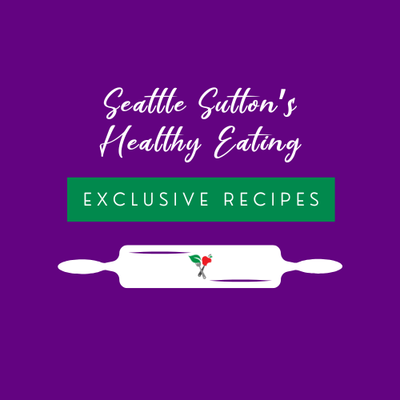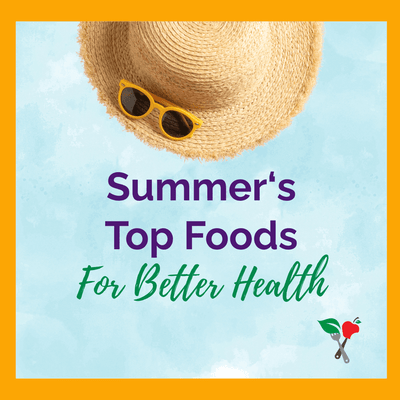New Guidelines Detail Best Ways to Reduce Cancer Risk
With the coronavirus pandemic we may have all fell off the wagon with exercise, healthy eating, and alcohol intake, but the new guidelines for cancer prevention may light the spark we all need to get back to a healthy lifestyle. The American Cancer Society regularly updates their cancer prevention guidelines as new evidence points to new practices and recommendations to help reduce the burden of cancer on the population and individuals. In June 2020, the most updated guidelines for cancer prevention were released from the American Cancer Society with some very important differences from the previous guidelines from 2012.
With cancer being the second leading cause of death in the United States, it is important to be familiar with the recommendations and work to follow the guidelines instead of the latest fad diet buzz. Recent research suggests that lifestyle changes can reduce the risk of cancer by at least 18% and cancer death by 16%. Diet and physical activity are the most important behaviors in your control, after not smoking, to help lower your risk.
Since the early 1980s, government and leading nonprofit health organizations have released cancer prevention guidelines focused on lifestyle factors including diet, exercise, weight management, and alcohol intake. They all suggest that dietary patterns, not single food items or specific nutrients, are important to reducing the risk of cancer and improving our overall health. So, those high-priced supplements or superfoods you are focusing on getting every day may not be the answer. A more holistic approach to dietary patterns is preferred.
Let’s dig into the guidelines, one by one, to get the facts on what to do to lower our risk for ourselves and our loved ones.
1. Achieve and maintain a healthy body weight throughout life.
Nearly 40% of Americans are obese, and approximately 11% of cancers diagnosed in the US during 2014 among women and 5% of cancer cases among men were attributed to overweight and obesity, only smoking cigarettes account for a higher percentage of cancer cases. The guidelines encourage reaching and maintaining a healthy body weight at all ages and avoiding weight gain in adulthood. They suggest that losing even a few pounds if you are overweight or obese, can have a positive effect on reducing cancer risk and improving your health. Reaching physical activity goals and following healthy eating guidelines can help you reach and maintain a healthy weight.
2. Be physically active.
The previous cancer prevention guidelines recommended at least 150 minutes of moderate-intensity exercise or 75 minutes of vigorous physical activity per week. The new guidelines expand on that and recommend 150-300 minutes of moderate-intensity exercise or 75-150 minutes of vigorous-intensity physical activity per week. They suggest that achieving or exceeding the 300-minute upper limit is optimal. The experts also address screen-time and sedentary behavior, recommending that both should be limited. One hour of moderate- or vigorous exercise daily is recommended for children and adolescents. The goal is to MOVE MORE and SIT LESS. Data from 2018, suggest that nearly one-half of US adults are not meeting physical activity guidelines () making this recommendation one that many people need to focus on to help lower their cancer risk. Physical activity can help to balance calorie input to help maintain a healthy weight as well as improving glucose metabolism, immune function, inflammation, sex hormones, and oxidative stress; all of which may have a role in cancer prevention.
3. Eat a healthy, whole foods diet.
The newest cancer prevention guidelines provide very clear recommendations on what a healthy diet includes and what it doesn’t. Previous guidelines encouraged a plant-based diet that limits red and processed meats and refined grains. The new guidelines break it down a little further to specific foods to include and limit, as well as encouraging a wide variety of foods. A big new message is to eat the rainbow, focusing on including many different colors on our plates. Many research studies have shown a link between a healthy diet and reduced risk for different cancers, including colorectal and breast cancers. Specifically, the Dietary Guidelines Scientific Report found that eating a diet with more plant-based foods and less animal-based foods and refined grains led to a lower risk of postmenopausal breast cancer. It also found a decreased risk of colorectal cancer in individuals who eat a plant-based diet low in red and processed meat and added sugars. Studies suggest that people who eat a diet rich in fruits and vegetables consume higher amounts of antioxidants which may contribute to a lower risk for some types of cancer. It is important to point out that this is attributed to the whole fruits and vegetables and not to antioxidant supplements.
According to the American Cancer Society’s guidelines, foods to focus on include:
- Whole grains
- Fruits, especially whole fruit, with a variety of colors
- A variety of vegetables (again all different colors)
- Nutrient-rich and high fiber foods
The foods that may increase the risk for cancer which should be limited or avoided include:
- Red and processed meats (beef, lunch meats, sausages, hot dogs, bacon, etc.)
- Sugar-sweetened beverages (soda, sweetened tea or coffee drinks, sweetened sports drinks, etc.)
- Highly-processed foods and refined grain products (white bread, rice, sweets, fast foods, chips, etc.)
4. It is best to not drink alcohol.
The old guidelines from the American Cancer Society advised limiting consumption of alcohol and having no more than 1 drink per day for women and 2 drinks per day for men. The new guidelines encourage you to avoid alcohol. If you choose to drink, they recommend still abiding by the old guidelines. They report that alcohol is the third major modifiable risk factor after smoking and being overweight or obese. Recent evidence shows that consumption of any amount of alcohol increases the risk of some types of cancer, most notably breast cancer. According to the report, about 41% of oral cavity/pharynx cancers, 23% of larynx cancers, 22% of liver cancers, 21% of esophageal cancers, and 13% of colorectal cancers in 2014 were attributed to alcohol consumption and among women, 16% of all breast cancers were linked to alcohol intake. Their report suggests that there is no safe amount of alcohol and that the higher intake of alcoholic beverages, the higher the risk for alcohol-associated cancers.
The guidelines also provide some answers to popular questions and concerns related to diet and cancer risk.
Arsenic: Arsenic is classified as carcinogenic to humans. It is recommended to have water levels tested if the water is from a private source and if levels are high to find alternative sources of drinking water. They also suggest limiting excessive amounts of foods with high levels of arsenic including seafood, rice, and fruit juice.
Coffee: Coffee has been found to have positive effects on the risk of some cancers and is an active area of research. However, drinking very hot beverages has been linked to an increased risk of esophageal cancer. Drinking coffee at a moderate temperature may contribute some benefits to decreasing cancer risk.
Genetically Modified Crops (GMO’s): The WHO, American Medical Association, National Academy of Sciences, and the American Association for the Advancement of Science have all taken the stance that current evidence suggests that foods containing GMO ingredients are safe.
Gluten-Free Diet: For those without a gluten-sensitivity or Celiac disease, there is no evidence that a gluten-free diet will lower cancer risk. In fact, research suggests that choosing a diet with whole grains, including gluten-containing grains, actually may reduce the risk of colon cancer.
Glycemic Index: The guidelines suggest that more research is needed to determine the impact of glycemic index on cancer risk but there is some evidence that a dietary pattern with high glycemic foods is associated with a higher risk of endometrial cancer. Foods with a high glycemic index are generally more refined, processed grains with higher added sugars and low fiber content.
Juice Cleanses: There is no evidence that juicing will reduce cancer risk or provide other health benefits. The claim that these diets remove “toxins” from the body is not supported by scientific evidence. Furthermore, this type of cleansing can deprive the body of important nutrients and contribute high amounts of sugar in the diet.
Sugar Substitutes: The American Cancer Society reports that sweeteners appear to be safe when consumed in moderation.
Organic Foods: Choosing organic foods can help to reduce exposure to pesticide residue. It is recommended to wash all conventionally grown produce to remove some of this residue if organic food is too expensive. It is encouraged to not limit fresh produce due to fear of it not being organic because meeting the recommendation for fruit and vegetable intake is a higher priority for cancer prevention that choosing organic foods.
Soy & Soy Products: The ACS report suggests that the evidence on soy foods and decreased risk for cancer is too limited to make a firm recommendation. They say that soy from food sources appears safe and may even have beneficial health effects, however, soy supplements should be used with caution, if at all.
Sugar: A high sugar diet can lead to excess calorie intake, promote weight gain, inflammation, and influence levels of insulin and related hormones; all of which may influence cancer risk. It is recommended to limit highly processed foods with high levels of added sugars such as cakes, candies, cookies, sweetened cereals, and sugar-sweetened beverages.
Vegetarian Diet: A plant-based diet that limits animal products can contain higher amounts of vitamins, minerals, and fiber and lower amounts of saturated fat. A vegetarian diet may be beneficial for reducing cancer risk, but it is unclear if there is any additional benefit than those who consume small amounts of animal products.
These new guidelines provide us clear directions on lifestyle changes in our control which may have a positive impact on our risk for cancer. These guidelines also represent positive habits that may improve our health in other ways too. By reaching and maintaining a healthier weight, being physically active, following a healthy diet, and avoiding alcohol we all have a lot to gain. What will you gain by making a positive change and living a healthier life?

Interested in eating healthy? Hungry for more?

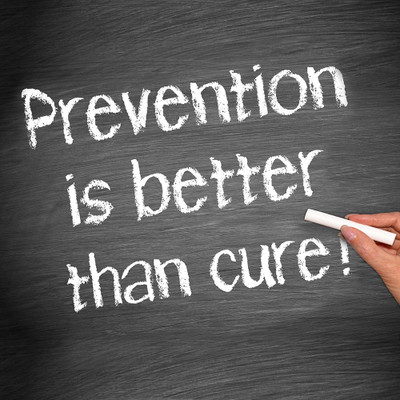



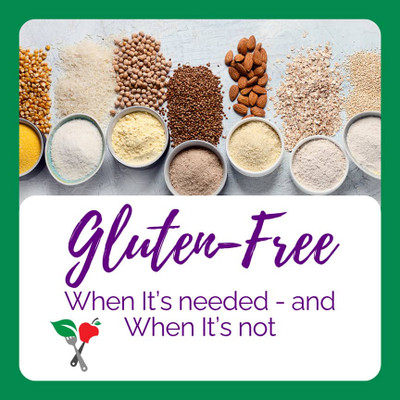
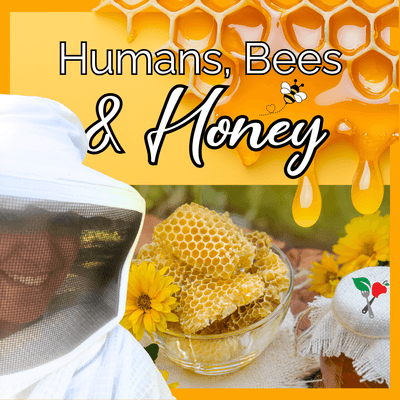
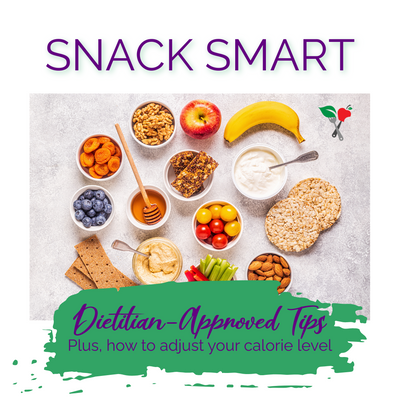
 Weight Loss
Weight Loss Health & Wellness
Health & Wellness Diabetes
Diabetes Heart Health
Heart Health Motherhood & Family
Motherhood & Family Dietary Restriction
Dietary Restriction Other Health Conditions
Other Health Conditions About SSHE
About SSHE